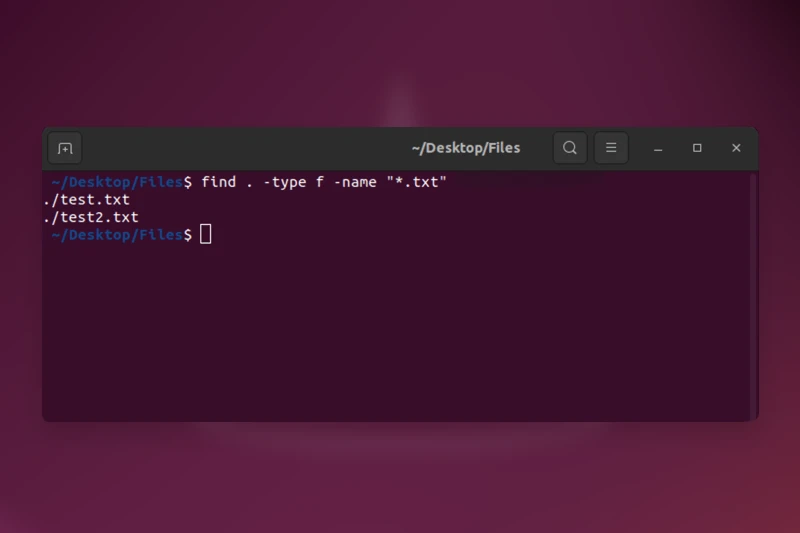When you’re working in Linux, it’s common to search for directories (folders) in your system. Linux offers powerful, built-in commands to help you locate files and folders quickly. In this guide, I’ll walk you through simple methods to find a directory on Linux.
What You Need to Know Before Starting
Before jumping in, make sure you:
- Have access to a Linux terminal. Most Linux systems provide this by default.
- Know the name (or part of the name) of the directory you’re looking for.
Method 1: Using the find Command
The find command is one of the most popular ways to locate files and directories in Linux. It searches through directories and subdirectories, helping you track down exactly what you need.
To use find, open your terminal and type:
find /path/to/start -name "directory_name"- /path/to/start: This is the directory where you want to start the search. You can use / to start from the root (top) of your file system.
- -name: This option tells
findto look for a directory with the exact name you specify. - "directory_name": Replace this with the actual name of the directory you’re looking for.
Suppose you want to find a directory named “projects” starting from your home directory. You would type:
find ~/ -name "projects"This command will search for the “projects” directory within your home folder and any folders inside it.
Extra Tips for find
- Case-insensitive search: If you’re not sure about the case, use
-inameinstead of-namefor a case-insensitive search. - Search for folders only: Add
-type dto search specifically for directories:
find / -type d -name "projects"Method 2: Using the locate Command
If your system has the locate command installed, it’s a faster alternative to find. locate uses a pre-built database of files and directories, so it often finds things quickly.
locate directory_nameSimply type locate followed by the name of the directory you’re looking for. For example:
locate projectsNote: If the database is outdated, you can update it by typing:
sudo updatedbThis command might need administrator (sudo) privileges.
Method 3: Using the ls Command (for Known Locations)
If you have a general idea of where the directory is, you can use the ls command to list files and directories.
Navigate to the location you think contains the directory:
cd /path/to/directory
lsThis command will list all files and directories in your current location, allowing you to manually look for your folder.
Quick Summary
find: Great for thorough searches but can be slower.locate: Fast and efficient, but may need database updates.ls: Useful if you know the general area of the directory.
By following these steps, you can easily locate any directory on Linux. Whether you're using find, locate, or ls, Linux gives you the flexibility to navigate and organize your system like a pro.




![The Most Cost-Effective AI Coding Agents in [year]: Claude, Cursor, Windsurf, or Antigravity?](https://www.devcrea.com/uploads/2025/12/cost-effective-ai-coding-agents-comparison-antigravity.webp)


Comments (0)
Sign in to comment
Report